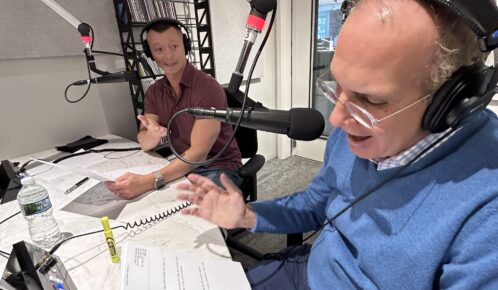Table of Contents
Winning a personal injury lawsuit is just the first step in recovering for your injuries and damages. Collecting on the judgment is the final step – and sometimes the most difficult. Whether or not you are able to collect on the judgment depends on the amount of liability coverage the defendant carries and the assets available to pay the judgment. If the defendant lacks sufficient liability insurance coverage, or does not have sufficient income or assets to pay the judgment, collection on the judgment can be difficult.
What Is a Personal Injury Judgment?
A personal injury judgment is a court order that states the amount of money that you are owed by another party. The judgment does not provide for collection of the specified dollar amount, but rather, authorizes you to use the legal procedures necessary to enforce the judgment.
What If the Defendant Has No Liability Insurance Coverage?
If the judgment debtor (usually the defendant) lacks sufficient insurance coverage to pay the judgment, you will need to use the collection mechanisms enforced by the state law, such as garnishment of wages or filing a lien against any property of the judgment debtor. Some jurisdictions allow you to petition the court for a writ of execution that will permits the seizing of assets of the judgment debtor pay the judgment.
Unfortunately, when a defendant lacks insurance coverage, it often means that he or she also lacks sufficient assets to satisfy the judgment. When a defendant lacks sufficient insurance coverage or assets to satisfy a judgment, he or she is said to be “judgment proof.”
A skilled personal injury attorney like the Chicago personal injury lawyers at Ankin Law, LLC will undergo a comprehensive discovery process to determine the insurance coverage or assets that the defendant has available to satisfy any judgment that may be entered. If the defendant lacks sufficient insurance coverage, but as assets available, we will use whatever legal means necessary to access such assets in order to satisfy the judgment so that you can recover for your injuries or damages.



